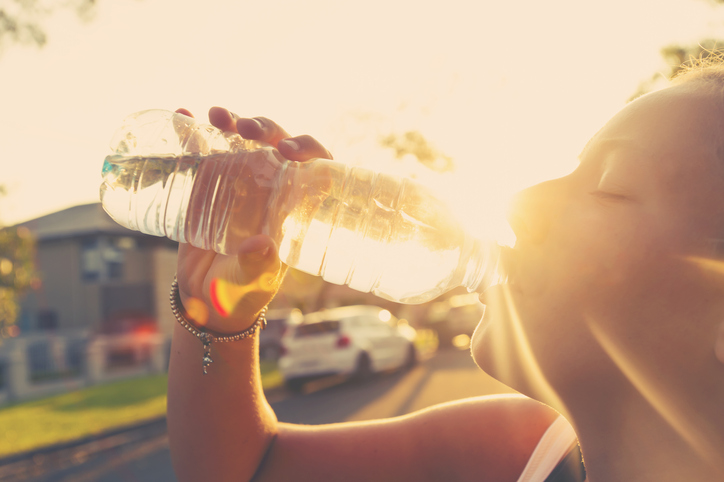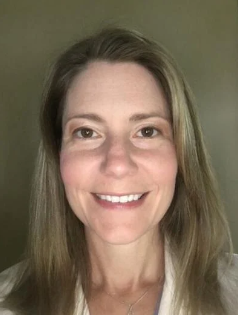
From the Cherokee Tribune & Ledger-News:
After heat advisories were recently issued in Cherokee County, with heat indices topping 100 degrees Fahrenheit, an emergency room doctor is advising residents on signs of severe heat illness and tips to stay healthy in hot conditions.
Heat-related deaths and illnesses are preventable. Despite this fact, more than 600 people in the United States are killed by extreme heat every year, according to the Centers for Disease Control and Prevention.

Dr. Andrea Keyes, a physician in the emergency room department at Northside Hospital Cherokee, said any time the weather gets very hot, there are a "spectrum of different conditions that can occur." These can be minor, like heat cramps or sunburn, or more severe, such as heat stroke symptoms that can cause death.
Keyes said treatment for minor symptoms would be to get in a cooler environment, apply an aloe lotion to the sunburn, and hydrate.
"When you get into a more severe heat illness like a heat syncope, heat exhaustion, or a heat stroke, that is when you need to start thinking about coming to the emergency room department,” she said.
Severe symptoms of heat illness, Keyes said, can include nausea, dizziness, abdominal pain, headaches and confusion.
"A heat stroke can cause seizures, cardiac arrhythmia, passing out, and even sometimes cause death, which I actually saw this morning (on the news) that a football player just died of heat stroke," she said.
When patients come to Northside Hospital Cherokee with signs of heat illness, usually the first step is to make sure they’re out of the sun, and cool and hydrate them, Keyes said. Sometimes the hospital will treat patients with ice packs in the armpits, spraying mist and fans.
Keyes said the hospital wants to make sure patients aren't experiencing cardiac arrhythmia and any other vital sign abnormalities.
Although most patients who experience more severe cases of heat illnesses should go to an emergency room, Keyes said, the majority will be sent home after treatment and won’t have to stay overnight.
Keyes said the emergency department sees a "pretty decent" amount of patients in the ER with symptoms of a heat illness.
"We see sometimes, kids outside doing their sports that'll come in from mild heat exhaustion or overheated from being in the sun. We will see a lot of the times landscapers and people who work outside, will come in just because they're not taking enough breaks or getting out of the sun and getting enough hydration during the day," she said. "There are also elderly who are going about their normal day, not even working hard outside, they don't sweat as well and they don't get rid of heat as well and so they tend to be at more of a risk of having some sort of heat related illness."
To prevent heat illness, it’s important in hot conditions to limit exposure to the heat and stay hydrated, Keyes said.
"Anytime that you feel like you're getting overheated and likely really before you start feeling like you're really getting overheated, take a break to a cool or shaded area and make sure you're drinking plenty of water," she said.
Sports drinks are great, Keyes said, because they replenish electrolytes that are lost during sweating, but the key is to hydrate with water, in addition to any electrolytes.
Keyes said she recommends people wear sunscreen, specifically SPF 30 or higher.
"Most children's sunscreen right now are in the 50 range, but for adults and everyone else at least an SPF 30 on all sun exposed surfaces," she said. "We tend to think of the face, which is great because you want to protect your face, but don't forget about your back, your chest, shoulders, arms, and everything that's exposed to the sun for an extended period of time. Sunscreen is definitely a great thing to be using."
For those who are out in direct sun, Keyes emphasizes taking frequent breaks, she said.
"Take frequent breaks that will get you into a shaded area and make sure to hydrate," she said.

